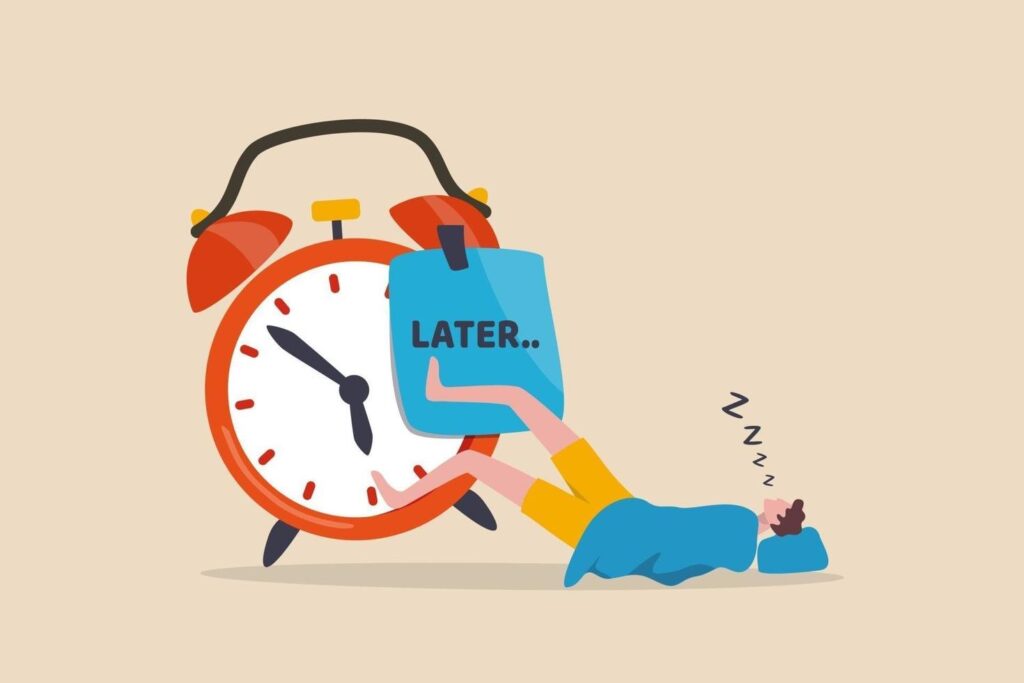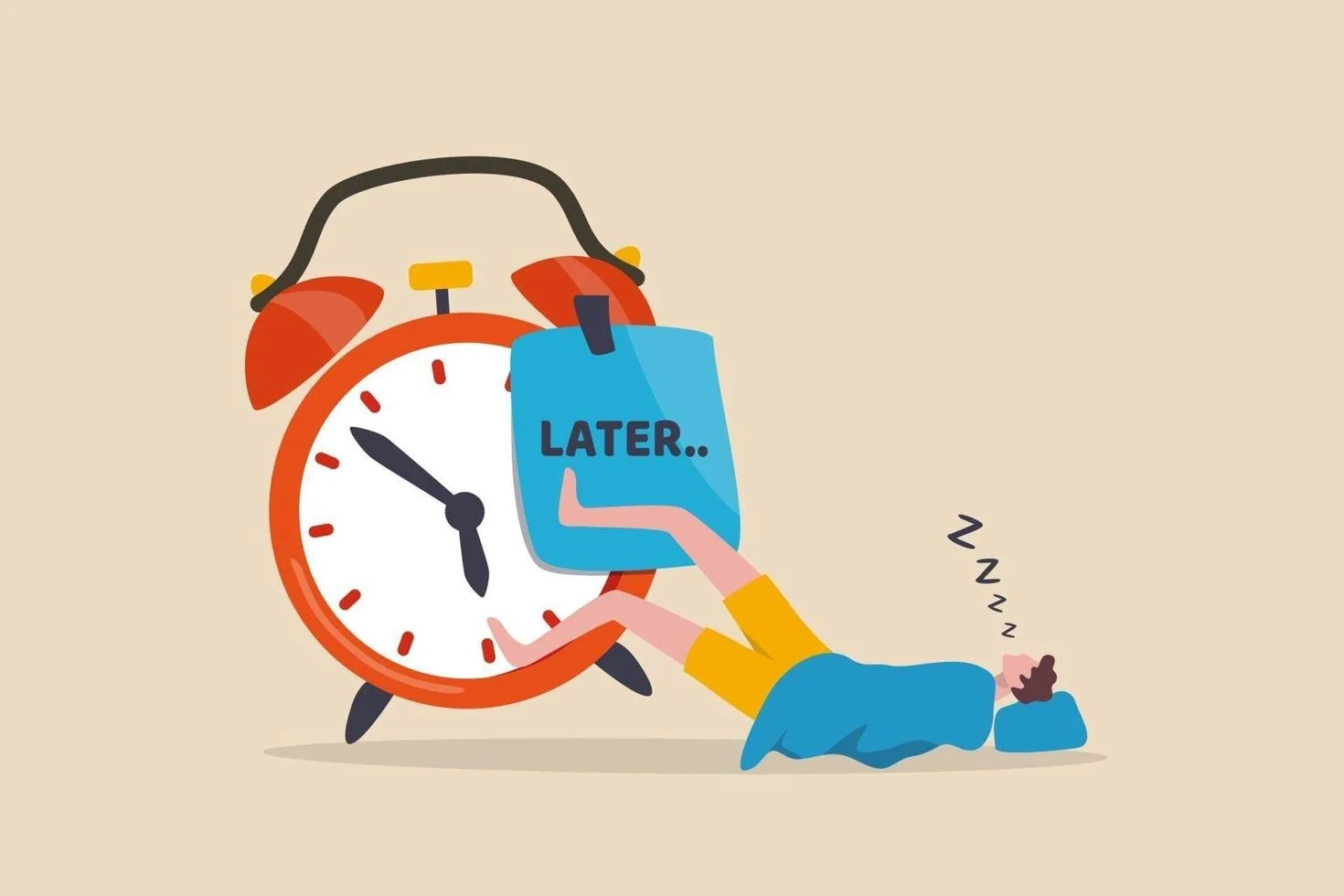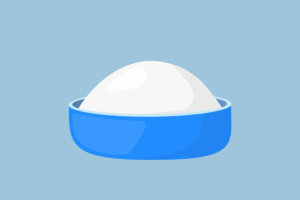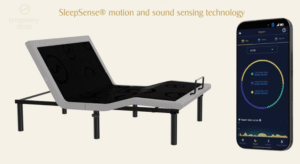The Sleep Inertia Drawback — REM Reward


You lastly get the possibility to sleep in – no alarms, no early courses – and also you get up at midday, anticipating to really feel refreshed. However as a substitute? You are feeling like a zombie. Foggy, sluggish, and by some means extra drained than whenever you went to mattress. What offers?
That annoying grogginess you’re feeling isn’t only a random glitch. It’s an actual phenomenon referred to as sleep inertia, and it’s stronger than you may assume.
What Is Sleep Inertia?
Sleep inertia is that interval of psychological and bodily sluggishness you’re feeling proper after waking up. It’s like your mind is booting up on 3G whereas your physique’s attempting to dash. Research present that in sleep inertia, your response time, reminiscence, and decision-making are all impaired: generally as badly as being legally drunk (Wertz et al., 2006).
This grogginess can final for half-hour to an hour—and even up to a couple hours for those who get up in the course of the fallacious sleep stage or throw off your physique clock.
Widespread Misconceptions About Sleeping In
Let’s break down some frequent myths:
Delusion #1: Extra sleep at all times means extra power
Reality: Oversleeping doesn’t at all times assist. When you sleep in too lengthy, particularly previous 9 or 10 hours, chances are you’ll disrupt your sleep structure—the pure cycles of REM and non-REM sleep. As a substitute of waking up on the finish of a sleep cycle (which is good), you may wake throughout slow-wave sleep, the deepest stage—resulting in stronger sleep inertia (Tassi & Muzet, 2000).
Delusion #2: You possibly can “catch up” on sleep by sleeping in
Reality: When you can make up for some missed sleep with longer sleep on weekends, this technique typically backfires. Shifting your wake-up time drastically (e.g., from 7 AM to 11 AM) confuses your circadian rhythm, your inner clock, and might make it tougher to go to sleep at night time.
Delusion #3: Sleeping in resets your power
Reality: It typically resets your clock: within the fallacious path. Sleeping in late can delay your melatonin launch, making it tougher to sleep the subsequent night time. This creates a vicious cycle of late nights and groggy mornings, particularly for teenagers (Crowley et al., 2007).
Delusion #4: When you get up drained, you simply want extra sleep
Reality: Not at all times. Sleep high quality and when you get up throughout your cycle matter simply as a lot. You might get 9 hours and nonetheless really feel horrible for those who wakened mid-REM or throughout deep sleep.






